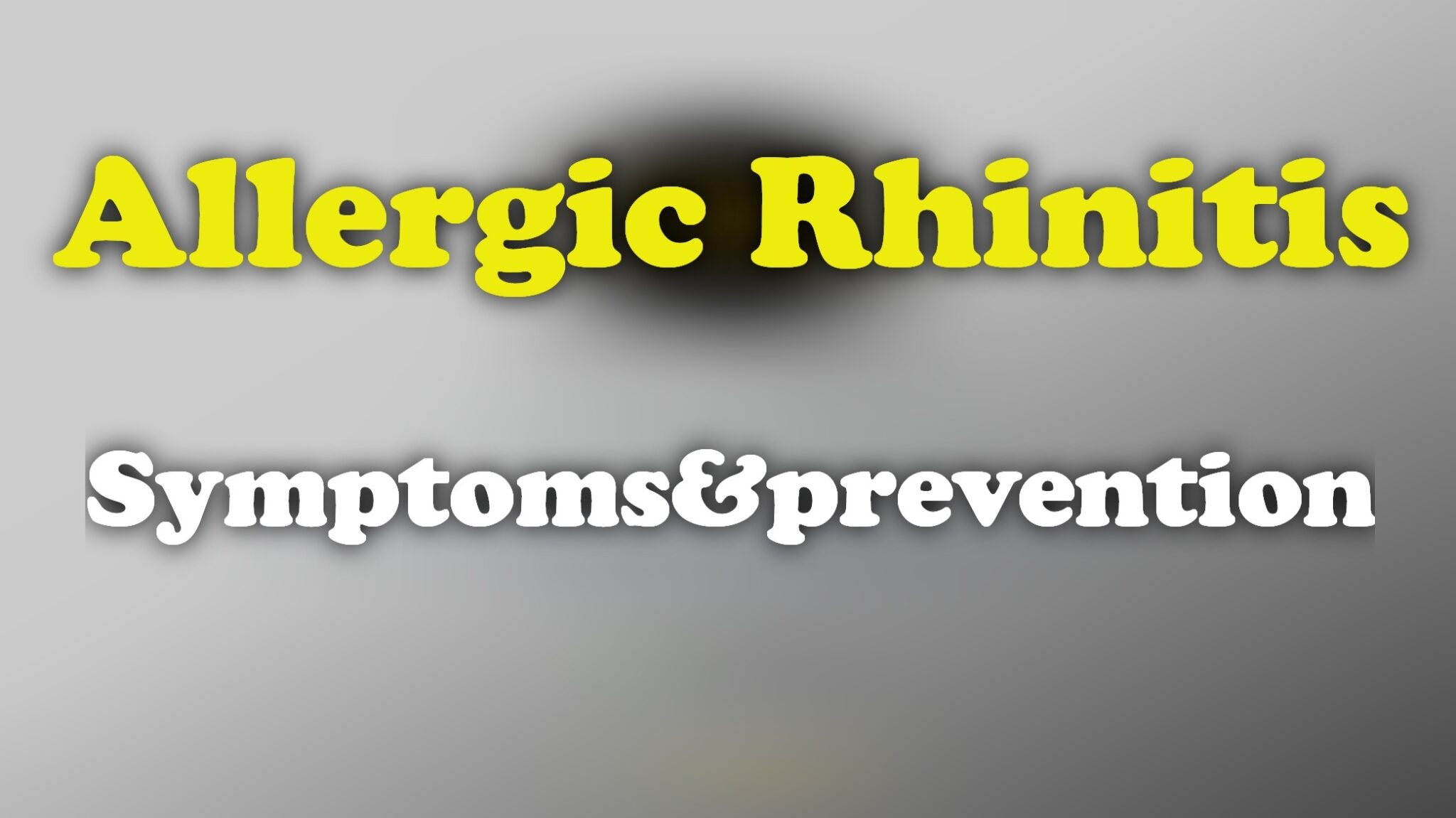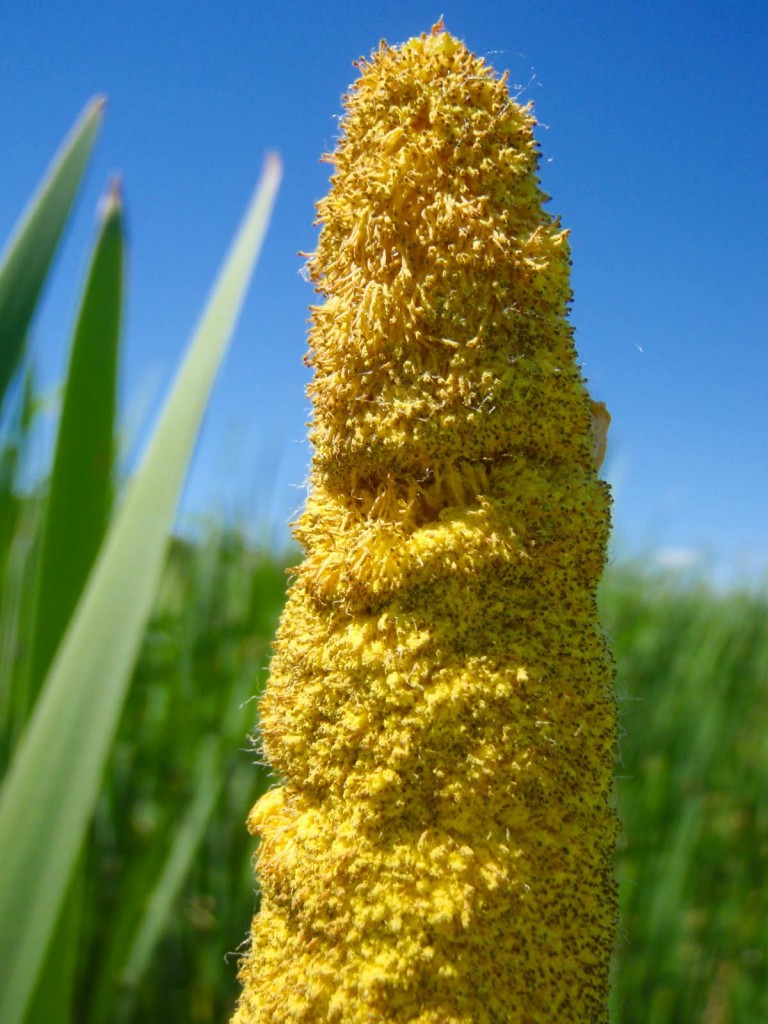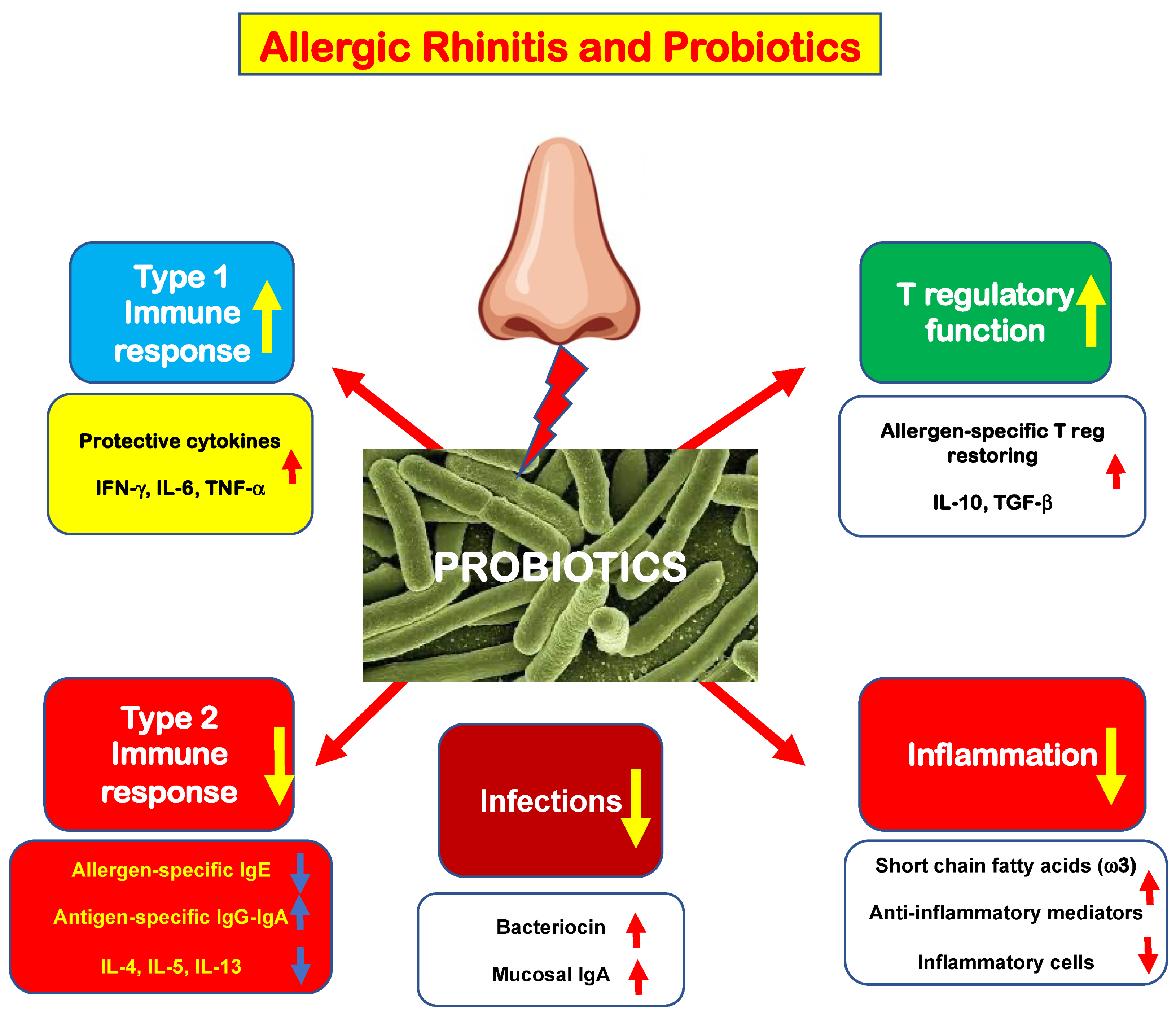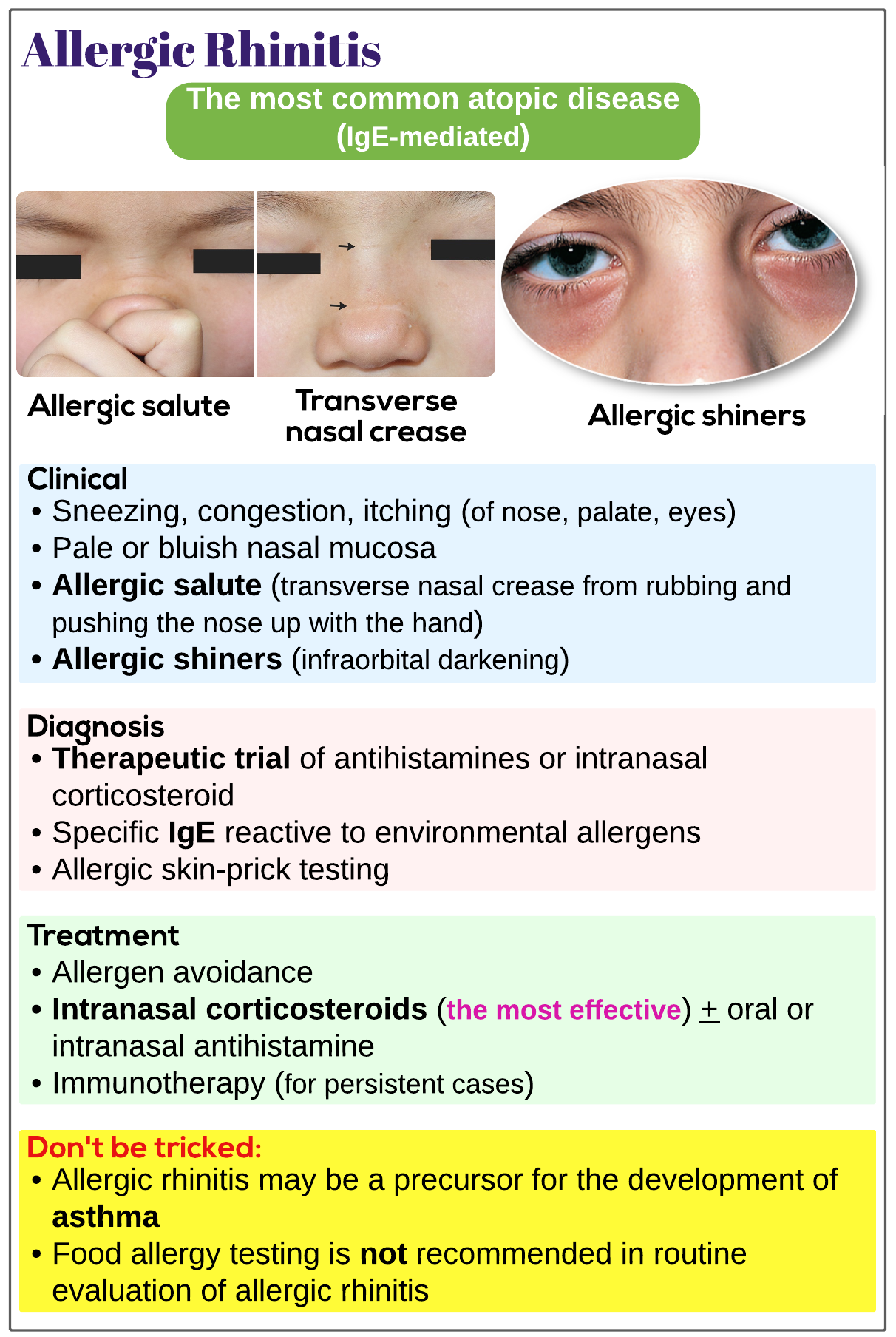Lessons I Learned From Tips About How To Prevent Allergic Rhinitis

Also known as allergic rhinitis.hay fever occurs when pollen enters the body and the immune system.
How to prevent allergic rhinitis. Steam inhalation helps dilute and loosen the excess mucus in your nasal passages, thus making it easier to expel. You can take antihistamines to treat allergies. 25 in the new england journal of medicine.the findings suggest that regular use of the drug, omalizumab, could protect.
Allergic rhinitis includes hay fever, and presents with sneezing and more. Watery, red, or swollen eyes. An allergen can be anything that.
Over the counter, you can try an antihistamine or nasal steroid sprays. But the reason for this is that nasal allergies [allergic rhinitis] and crs have overlapping symptomatology, often characterized by nasal blockage and nasal drainage. The research will be published feb.
If you are particularly blocked you can use a decongestant spray such as sudafed for five to. To prevent episodes, then, the first course of action is to avoid the substances that trigger the reaction in the first place. An oral antihistamine combined with an oral decongestant or a nasal corticosteroid (with or without an oral or nasal antihistamine) is the first line of therapy.
Primary prevention involves eliminating causes that are critical to disease development, including changing causal or predisposing factors related to the. Pollen can cause the below allergic reactions:. One of the first steps in treating any allergic condition is to avoid or minimize exposure to the allergens that cause the condition [ 1 ].
Dark circles under your eyes. Dust mites, wood dust or flour dust. According to the centers for disease control and prevention, almost 6% of people in the united states in 2021 had a food allergy and exposure to the particular.
The most common misconception i hear is that allergies only affect children, and that you can’t develop it as an adult. Rhinitis, or inflammation of the inner lining of the nose, becomes chronic. The use of a dust mask when in contact with any of the allergens on the risk list.
Pollen, pet dander, mold and insects. Medical treatment options for chronic allergic rhinitis. Most common symptoms.
/ allergies / allergy symptoms / nasal allergies (rhinitis) nasal allergies (rhinitis) the word rhinitis means “inflammation of the nose.” the nose produces fluid. When to talk with a doctor. Allergic rhinitis, also called hay fever, is an allergic reaction that causes sneezing, congestion, itchy nose and watery eyes.
This article is about allergic. There is no cure for allergic rhinitis, but the effects of the condition can be lessened with the use of nasal sprays and antihistamine medications. Allergic rhinitis, or hay fever, is swelling inside your nose caused by an allergen.












![[Infographic] All about Allergic Rhinitis Be Koreasavvy 인포그래픽](https://i.pinimg.com/originals/e2/be/57/e2be57e0a4447af8ee51d88fa1112746.jpg)

![7 foods that fight allergies [infographic] Easy Health Options®](http://ehonami.blob.core.windows.net/media/2015/07/7-foods-fight-allergies2-PIN.jpg)



